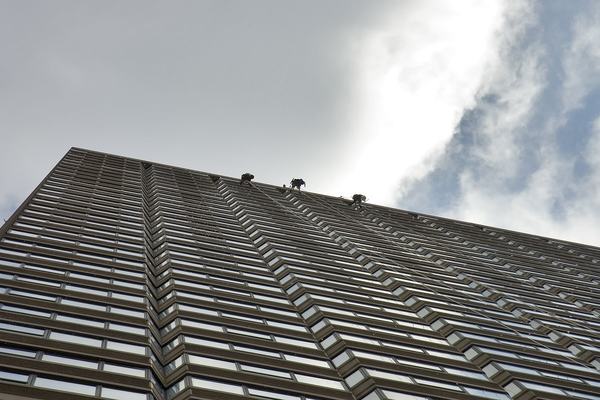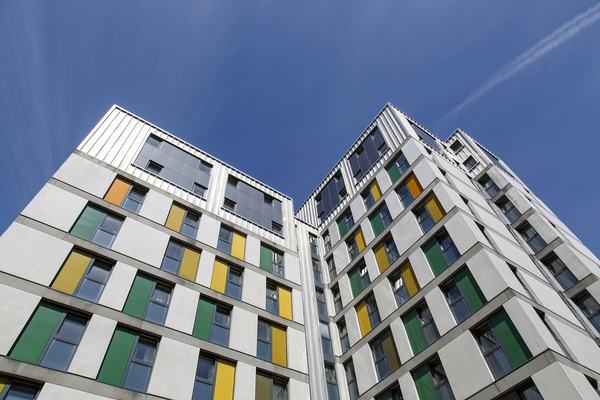Building owner describes government’s cladding removal plans as ‘hollow threat’
The owner of a private block with Grenfell-style cladding has slammed government plans to force building owners to pay for the work as a “hollow threat”, in emails seen by Inside Housing.
William Procter, the director of Citistead Ltd which owns the freehold on the aluminium composite material (ACM)-clad Northpoint building in Bromley, south-east London, said in an email to residents it could not be forced to pay for remediation work, and that the responsibility for the costs was the government’s.
ACM cladding was discovered on Northpoint in November 2017, with leaseholders currently facing a £4m bill for the removal of the materials.
In his email, Mr Procter responded to housing secretary James Brokenshire’s announcement in November, which gave powers to local authorities to carry out remediation work and recover costs off freeholders.
Mr Procter said the powers the government “claimed to have granted to local authorities” were not new and had existed for a number of years, and councils would be loath to commit funds unless they were confident of repayment.
He said: “[Councils] know, as does the government, that it is highly unlikely that they will be able to achieve secure repayment from us because of the legal position.”
This week Lord Nick Bourne, a government minister, told the House of Lords the responsibility for removing dangerous cladding “rests with local authorities” following the grant of the new powers.
The powers involve changes to health and safety rules to specifically include cladding – but councils have warned enforcement could take “years” and see costs still directed towards residents.
Mr Procter, who is also the chief executive of Consensus Business Group which holds over 300,000 freeholds across the country, said he found it “not strange but bizarre” that the government would point the finger at freeholders rather than accept responsibility itself.
After the cladding was discovered at Northpoint, the London Fire Brigade ordered that a 24/7 fire patrol, also known as a waking watch, be put on the building until it was replaced.
The financial burden of the waking watch has been so great on the residents that they have been forced to carry out the patrols themselves, in some cases on top of their day jobs.
One resident, who has carried out 1775 hours of waking watch duties, has said his waking watch commitments have affected plans to start his own business, while one retired resident carries out three night shifts a week from midnight to 7am.
In addition to the cladding costs, a number of other fire safety issues have been found in the block, including issues with non-compliant doors and fire stoppers. The total cost of fixing these and replace the cladding is estimated at more than £60,000 a flat.
The Northpoint building was converted into apartments in 1999 from an office by builder Alfred McAlpine.
Alfred McAlpine’s housing arm was bought by Taylor Wimpey for £461m in 2001. Taylor Wimpey sold the freehold on Northpoint to Citistead in 2007.
In July, Taylor Wimpey set aside a £30m to pay for the removal of cladding installed, saying it was “morally right to cover the costs”.
Residents have lobbied the house builder to use this money to follow other developers, such as Mace and Barratt, to cover the remediation costs, but the developer has refused.
The developer told Inside Housing that the government guidance showed that it was the responsibility of the freeholder to cover the costs.
A Taylor Wimpey spokesperson said: “Taylor Wimpey does not have any ownership or legal responsibility for the building, and therefore the responsibility for the ACM cladding rests with the current freeholder.
“We are in ongoing dialogue with resident representatives and relevant third parties regarding the original conversion to the building relating to general fire safety, outside the scope of the ACM cladding remediation works.”
Mr Brokenshire said: “A number of developers and building owners have already done the right thing and protected leaseholders from additional costs, and I expect others to follow their lead.
“My message is clear – private building owners must pay for this work now or they should expect to pay more later.”









